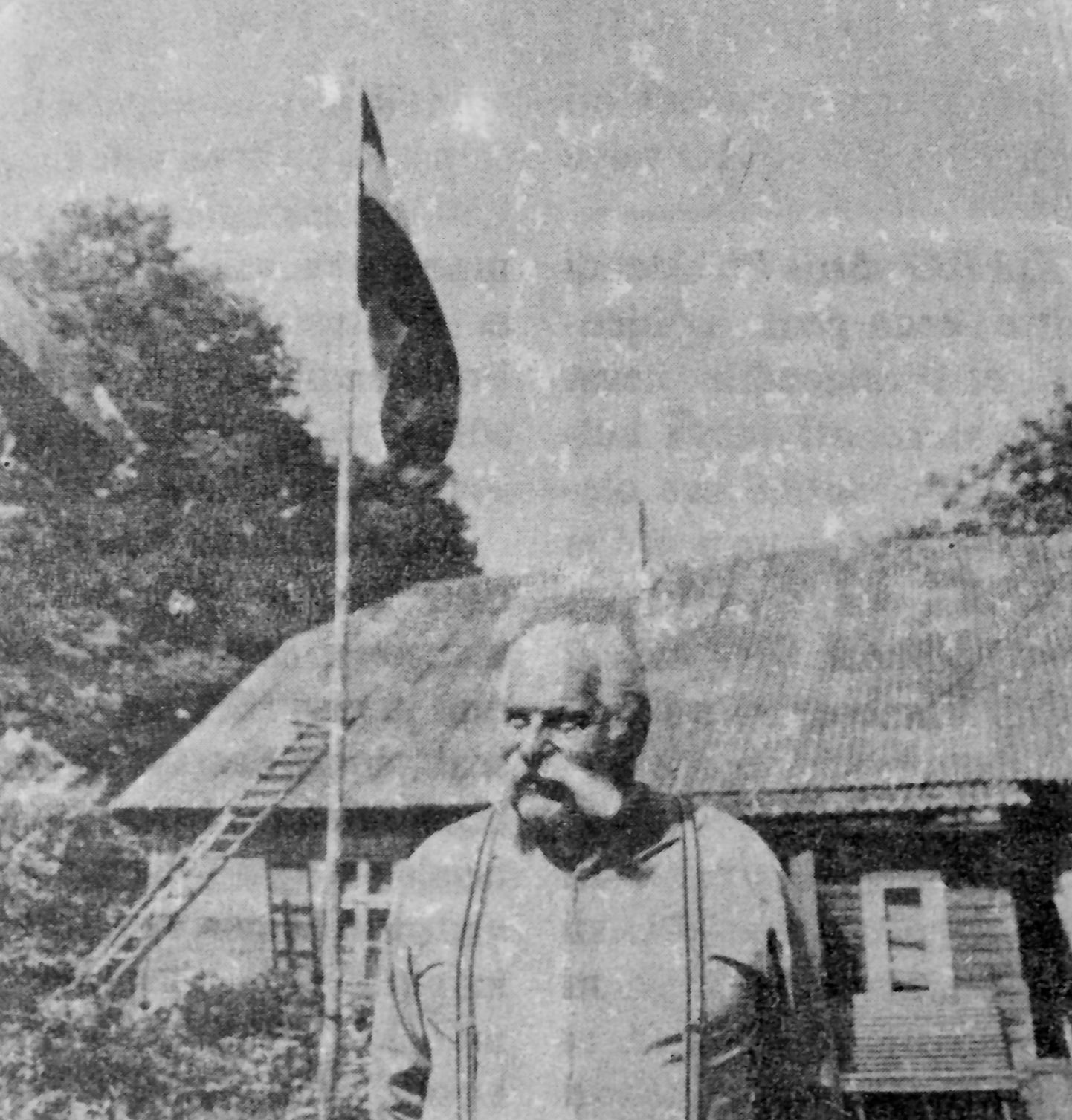The surviving clipping does not reveal whether the article was published by a Pärnu (Imants Uits' home near Mõisaküla was once part of Pärnu County) or Viljandi county local paper. It is also possible the article was published by a newspaper belonging to a society of the repressed several of which were active at the time. The clipping is missing the author and date, while it is probable the article was published in the summer of 1989.
History enthusiasts who contacted Postimees recall, from the days of the Baltic Way in 1989, as well as the Tori soldiers' convention that was canceled following pressure from the militia, that there was a former Waffen-SS infantry division soldier living near Mõisaküla who could bring together former brothers-in-arms from both Estonia and Latvia.
That man was Uits, father of presidential candidate Marina Kaljurand. An educated and idealistic man in whose front yard all three Baltic flags were allegedly hoisted whenever there was a holiday. His Estonian was so good that people who did not know him would never have guessed he was Latvian. Uits earned the first commissioned officer rank (Untersturmführer – ed.) in the Waffen-SS and had numerous battle achievements to his name.
The locals remember him as a good person. Uits' home, gradually overrun by trees and bushes after his death in 1993, was always clean and his gate open. It is said he received various humanitarian aid from brothers-in-arms societies in Germany that Uits distributed to others. One example tells the story of a neighbor whom Uits allegedly gave a wheelchair – a thing hard to come by at the time.

/nginx/o/2017/11/30/7363613t1h0a4c.jpg)